Did you know that India is the top exporter of fennel seeds, also referred to as saunf?
Fennel's enduring popularity in India needs no introduction. Many of our preparations are dominated by the seed spice. A few fennel seeds, also known as saunf, are frequently consumed as a snack in Indian households. You might assume that this procedure is done to keep the mouth fresh, but you'd be wrong. The traditional method helps much more than just treat bad breath because it is a concentrated supply of minerals like Copper, Potassium, Calcium, Zinc, Manganese, Vitamin C, Iron, Selenium, and Magnesium.
Fennel seeds provide a galore of advantages. They are well renowned for their calming effects, which the antioxidant and phytonutrient content of fennel seeds can be credited for. Fennel seeds contain a powerful vitamin called anethole. Fennel seeds can also efficiently treat asthma, diabetes, congestion, and stomach gas.
Table of Contents
About Fennel Seeds
The plant's blossoms are used to collect and dry the fennel seeds. They often have an oval form and a light green to tan tint. They have a similar sweet, licorice-like flavor to fennel bulbs and can provide an earthy, sweet flavor to recipes. They go particularly well with fish and meat.
Fennel seeds are referred to as graines de fenouil in French, budhur alfianal in Arabic, and semillas de hinojo in Spanish.
Health Benefits of Fennel Seeds
Low in calories and high in many micro and macronutrients, dried fennel seeds are a storehouse of different nutrients.
1. Improves digestion
Heartburn, intestinal gas (including gas in infants), bloating, and even infant colic can all be treated with fennel seeds. The seeds contain carminative and antispasmodic properties. The essence of the seeds can assist in the treatment of other severe digestive conditions, such as irritable bowel syndrome.
2. Relief from respiratory ailments
Fennel seeds' phytonutrients aid with nasal drainage. This might lessen asthmatic symptoms. Other respiratory conditions like bronchitis, a cough, and congestion are treated by the seeds' expectorant characteristics. Fennel seeds were studied for their ability to relax guinea pig tracheal chains . It was determined that the seeds might relieve bronchial tension. To understand the same effect in people, more study is necessary.
3. Helps in lactation
Anethole, found in fennel seeds, mimics the effects of the estrogen hormone and makes women produce more milk. Given that fennel seeds are galactagogues, they may be advantageous for lactating women (substances that promote lactation).
4. Fights bad breath
It has been reported that chewing fennel seeds can make your breath fresher. The seeds have an anise flavor (or licorice). Your breath may be made fresher by just nibbling on 5 to 10 fennel seeds. The seeds may wash out the bacteria that cause bad breath and are thought to stimulate salivation. Fennel essential oil has antimicrobial qualities that aid in the battle against the bacteria responsible for foul breath. The more time you spend chewing the seeds, the more reviving you might feel.
5. Reduce water retention
Regularly consuming fennel tea, which acts as a diuretic, aids in eliminating extra fluids. Fennel seed also aids in toxin removal and lowers the incidence of urinary tract issues. Additionally, it contains diaphoretic qualities that promote sweating.
6. Purifies blood
These seeds' essential oils and fiber are thought to be highly helpful in helping to remove toxins and other waste from our bodies, which in turn helps to purify the blood. To ensure that nutrients are absorbed smoothly, it is crucial to include items that assist cleanse your blood in your diet.
7. Improves eyesight
A few of these seeds could also improve your vision. Vitamin A, which is vital for vision, is found in fennel seeds. These seeds' extracts were utilized to treat glaucoma symptoms in ancient India.
8. Great for skin
Regular use of fennel seeds supplies the body with essential nutrients including zinc, calcium, and selenium. These minerals are essential for maintaining hormone balance and improving oxygenation. Fennel has a cooling effect on the skin after consumption, giving it a radiant sheen.
How to use Fennel Seeds?
- Just before adding whole fennel seeds to your food or drink, crush or grind them. This facilitates the release of more oil and taste.
- To add a sweet, licorice flavor to meals, add toasted fennel seeds.
- By crushing some fennel seeds and covering them with hot water, you can make a straightforward tea.
- To the batter for baked items, add a spoonful of the seeds.
- Attempt a multivitamin as well. You can get fennel seed in capsule form. The suggested dosage is three capsules (480 mg) each day, according to one manufacturer.
Fennel water for weight loss
These are incredibly high in fiber, which keeps you satisfied for longer and prevents binge eating. Fennel seeds also have a significant role in weight loss by reducing sugar cravings. Drinking a glass of fennel seed water throughout the day will help you resist the need to consume any sweets.
For the best result, soak it in water overnight and consume it next morning on an empty stomach.
Fennel Seeds Tea
It takes little effort or time to make fennel seed tea, which can be sipped daily for the finest results. For your evening tea, simply stir in a tablespoon of fennel seeds as the water is heating up. Enjoy your evening tea with extra benefits by adding a half-teaspoon of jaggery at the same time as the fennel seeds!
Roasted Fennel Seeds
Fennel seeds should be heated gently while being roasted in a tablespoon. A pleasant perfume will emanate from these fennel seeds in this form. To promote digestion, consume this after every meal. You can add some mishri for flavor. Because roasted fennel seeds go well with mishri sweet flavor, this combination also curbs appetites for sweet treats. Fennel seeds that have been roasted can also be ground into a powder and taken daily.
Hope you will incorporate this miraculous seeds into your daily life and enjoy its numerous benefits!


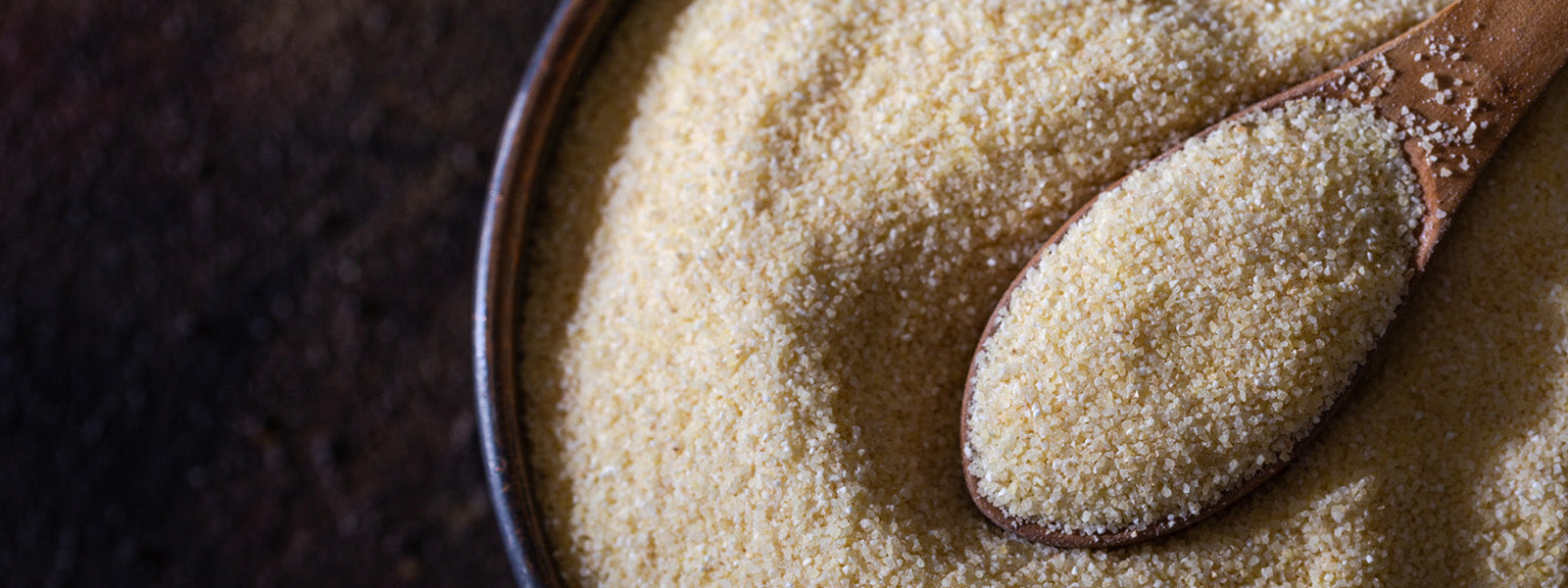
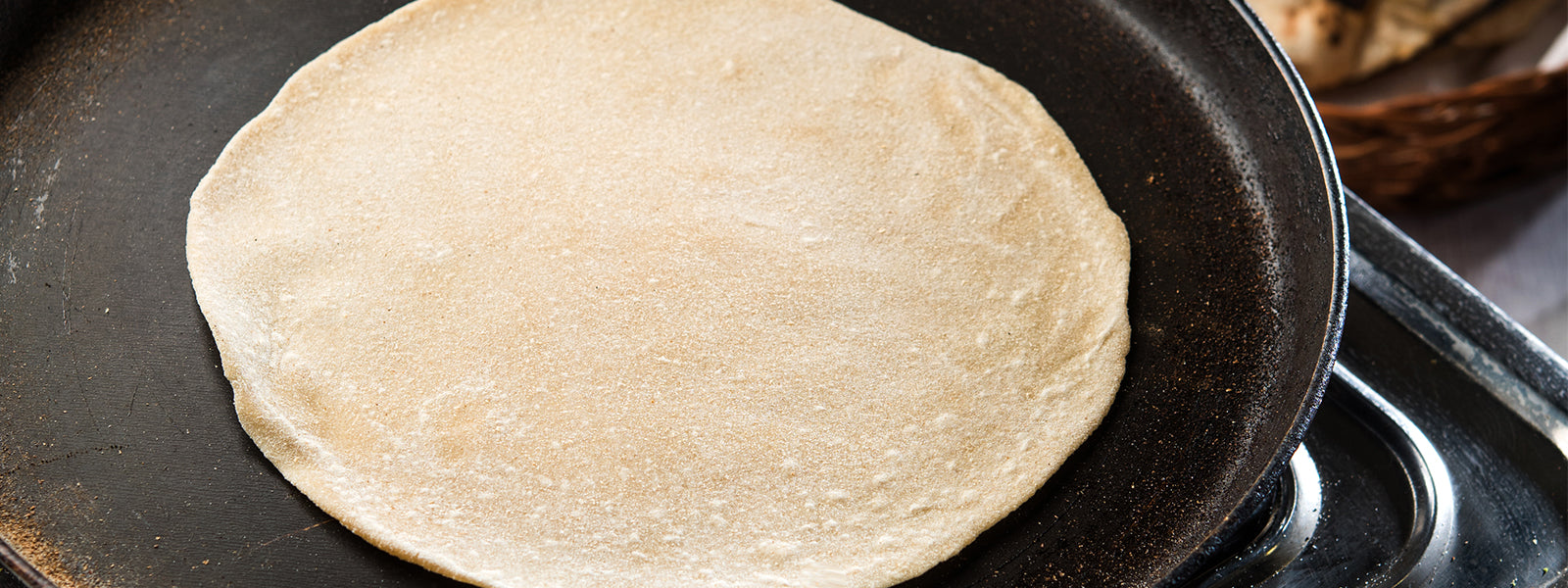
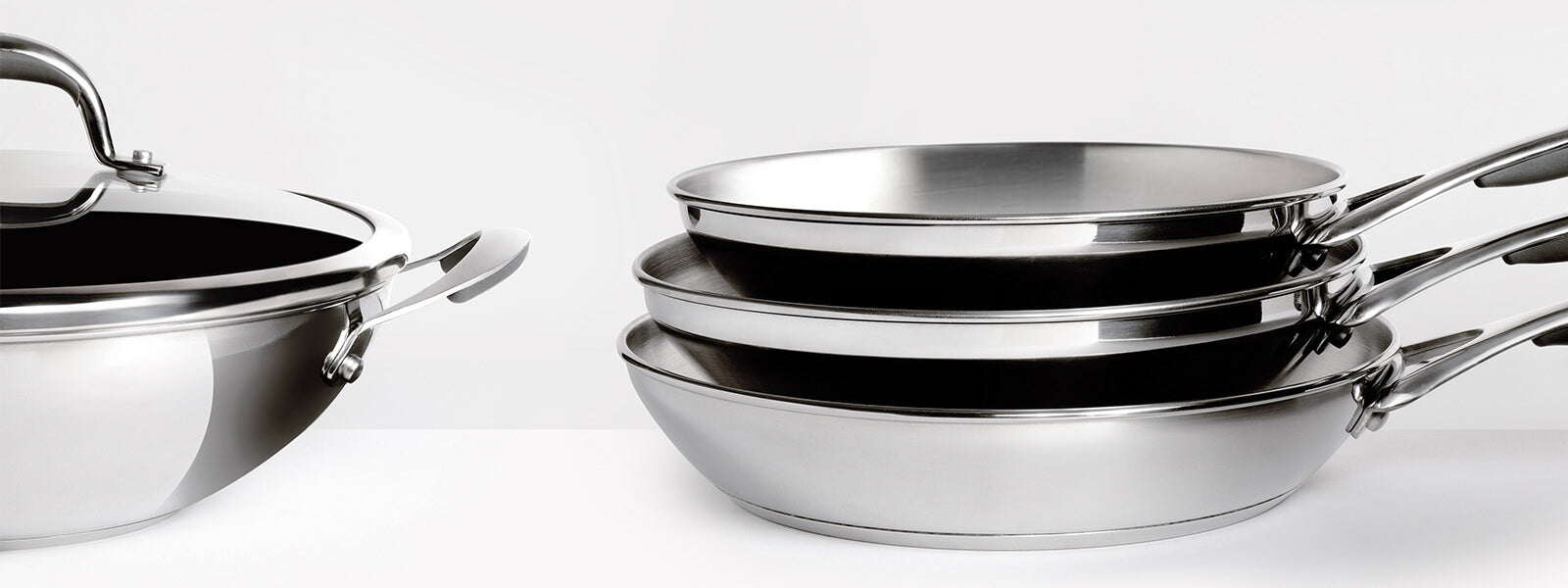
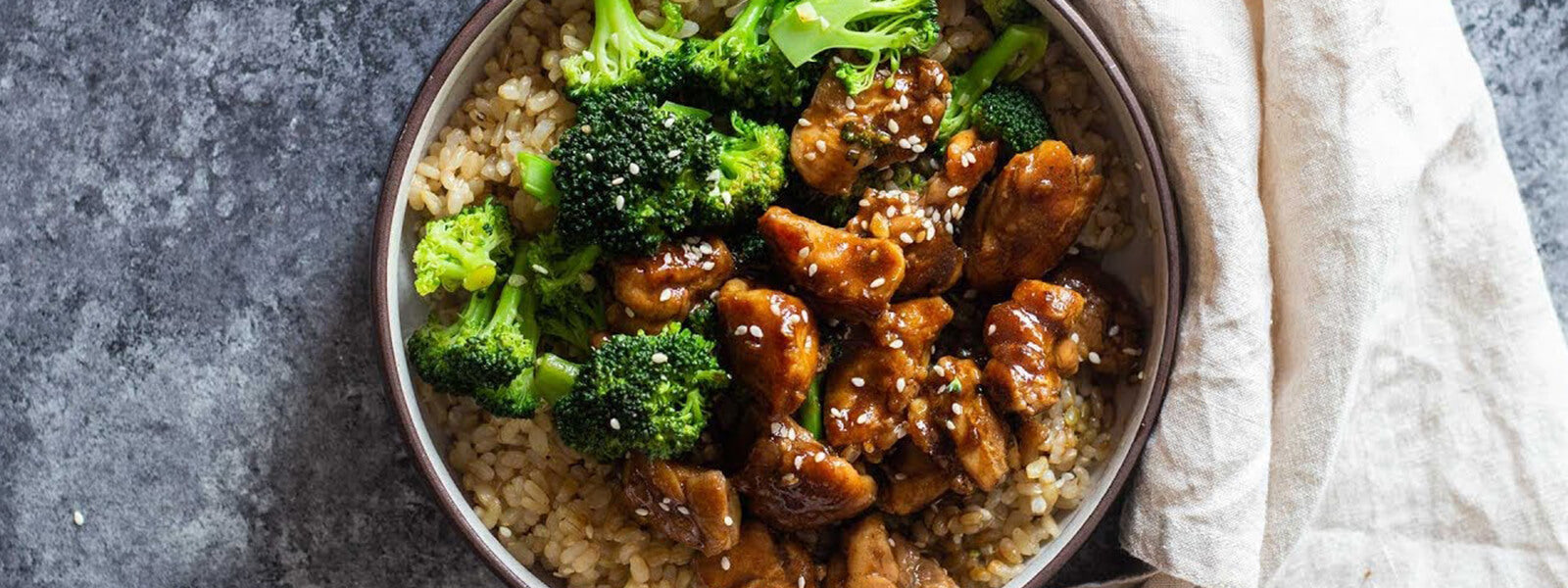
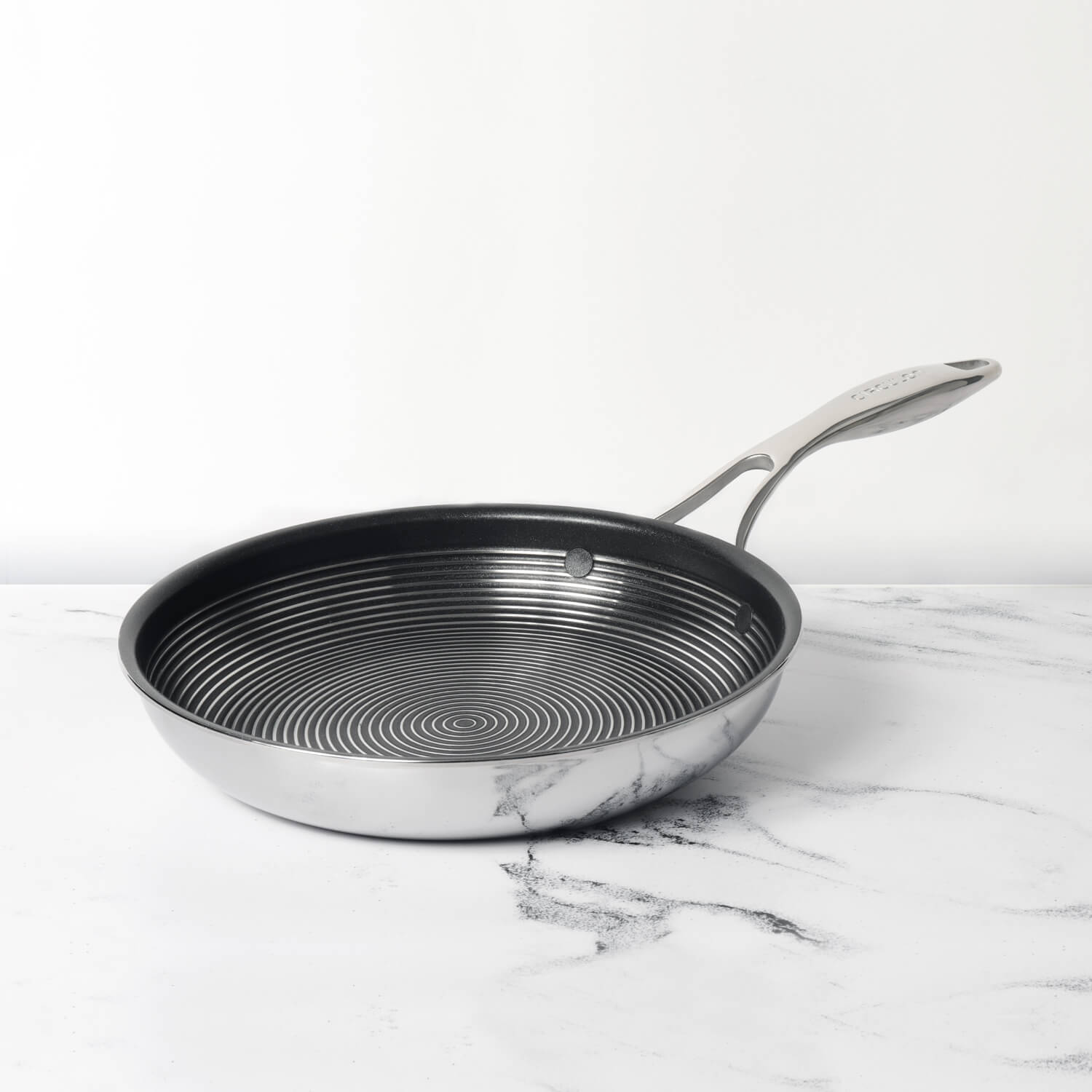
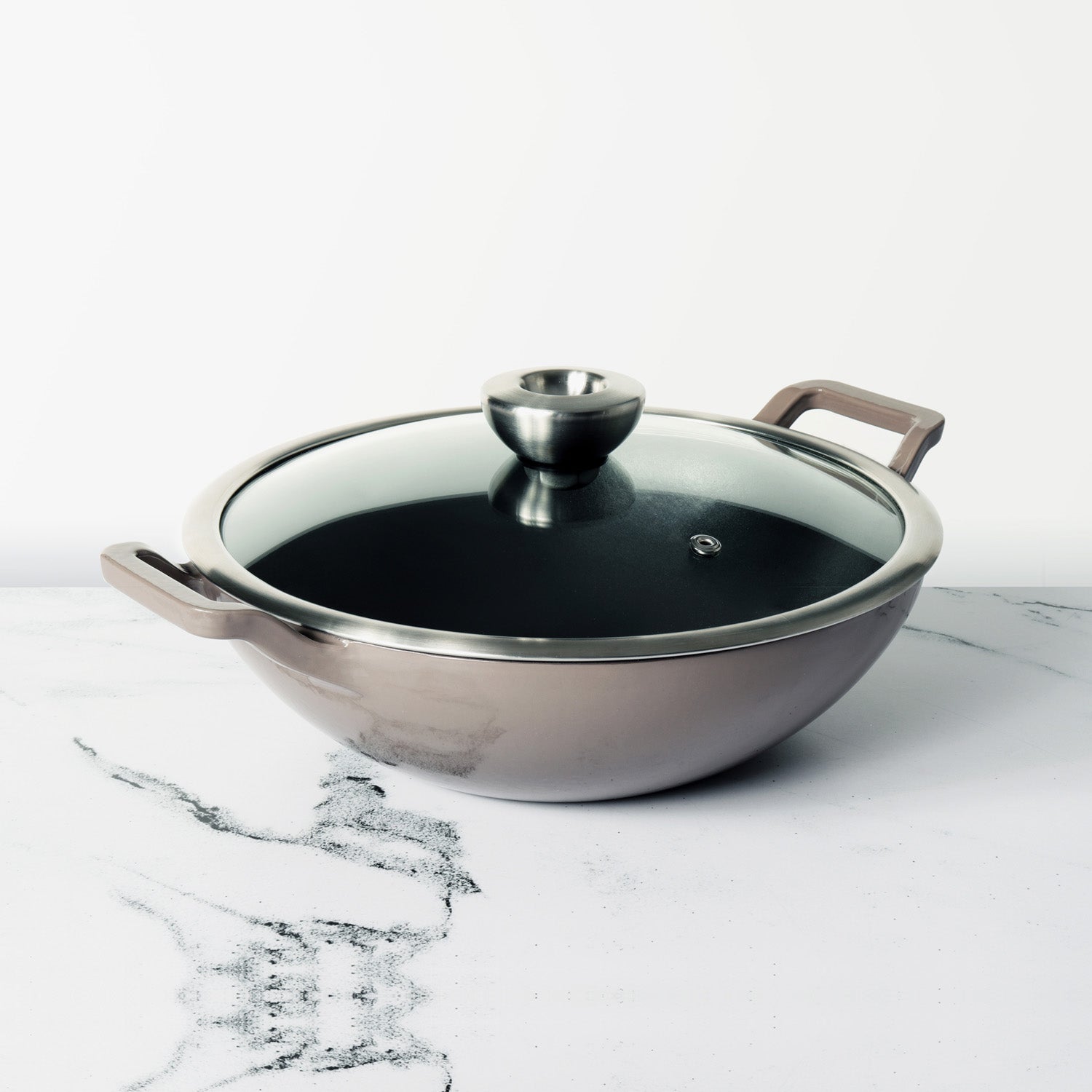




Leave a comment